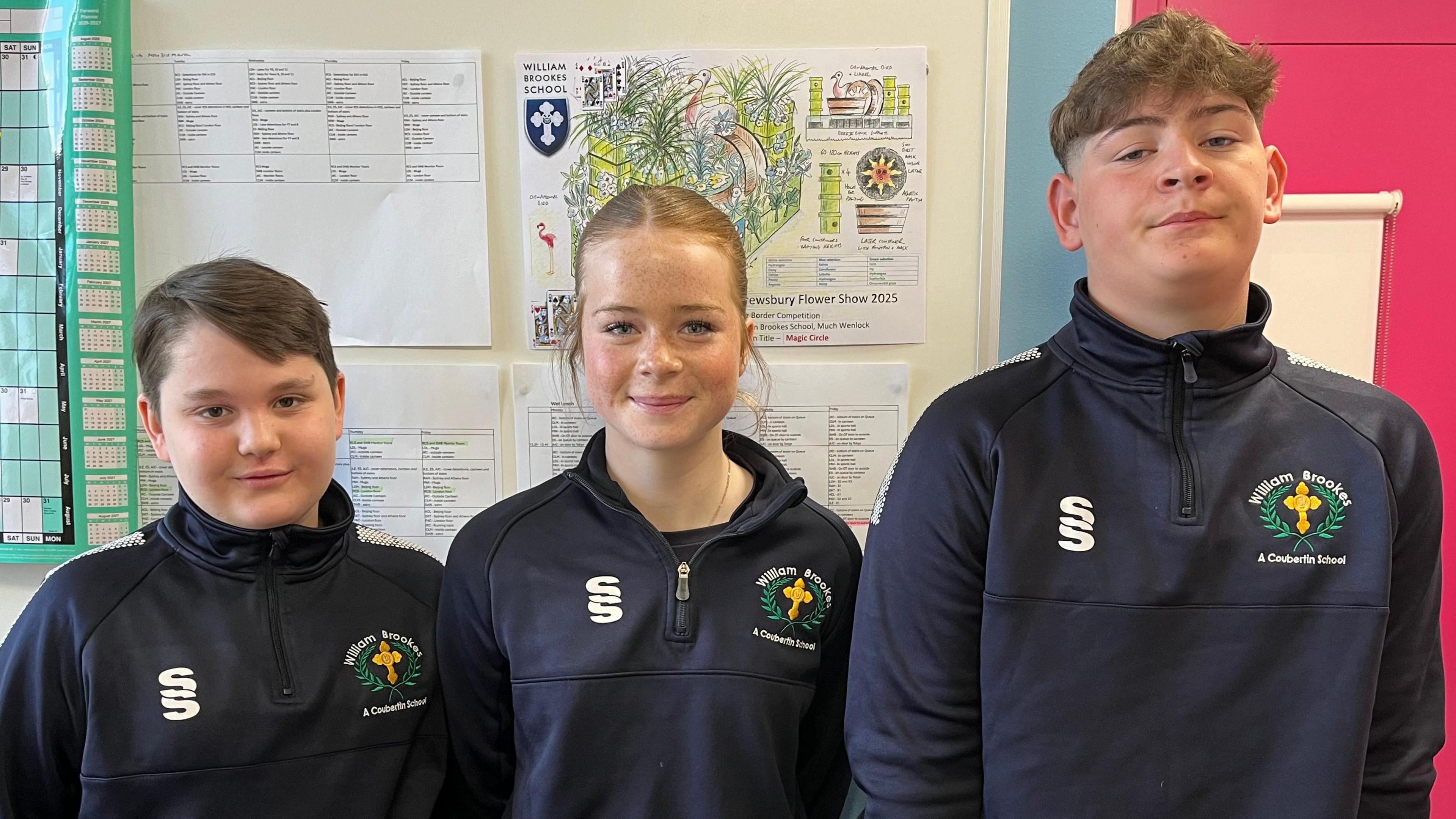Eight primary schools to ban smartphones
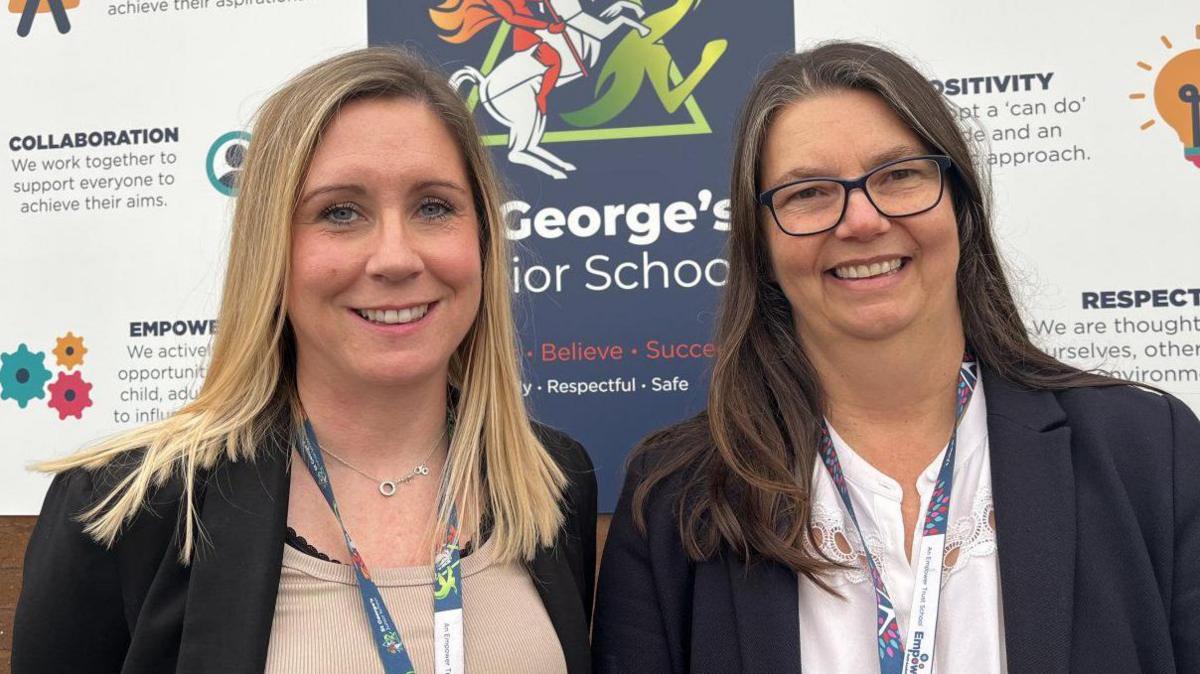
Head teachers Kelly Lee and Sarah North are implementing the ban at their schools
- Published
Eight primary schools in Shropshire have decided to ban smartphones from September 2026.
Students at the schools, run by the Empower Multi-Academy Trust, will not be able take their devices into the building.
However, they will be allowed to bring in a basic mobile phone, like a flip-phone, which will be locked away during the day.
"This change is about protection, it's about well-being, and it's about keeping our children young", said Kelly Lee, head teacher of St George's Junior School in Shrewsbury.
Seven other schools are joining St George's with the ban - including St Mary's C.E. Primary in Shawbury.
The academy trust worked with campaigners from Smartphone Free Childhood, a grassroots movement that aims to limit children's use of such devices.
Head teacher Kelly Lee said the "vast majority" of parents have been supportive of the ban, with families across the trust surveyed.
'Quite addictive'
Year four student Marcus, who is nine, said smartphones are "kind of exciting" but acknowledged he was "not old enough to have one yet."
He said that when he found out about the ban he was "quite happy about it, because then people won't be bragging about how they have a smartphone."
Pippa, aged 10, said phones "sound quite exciting, but they are also quite addictive".
"The notifications, when they keep popping up - you just want to look at them," she added.
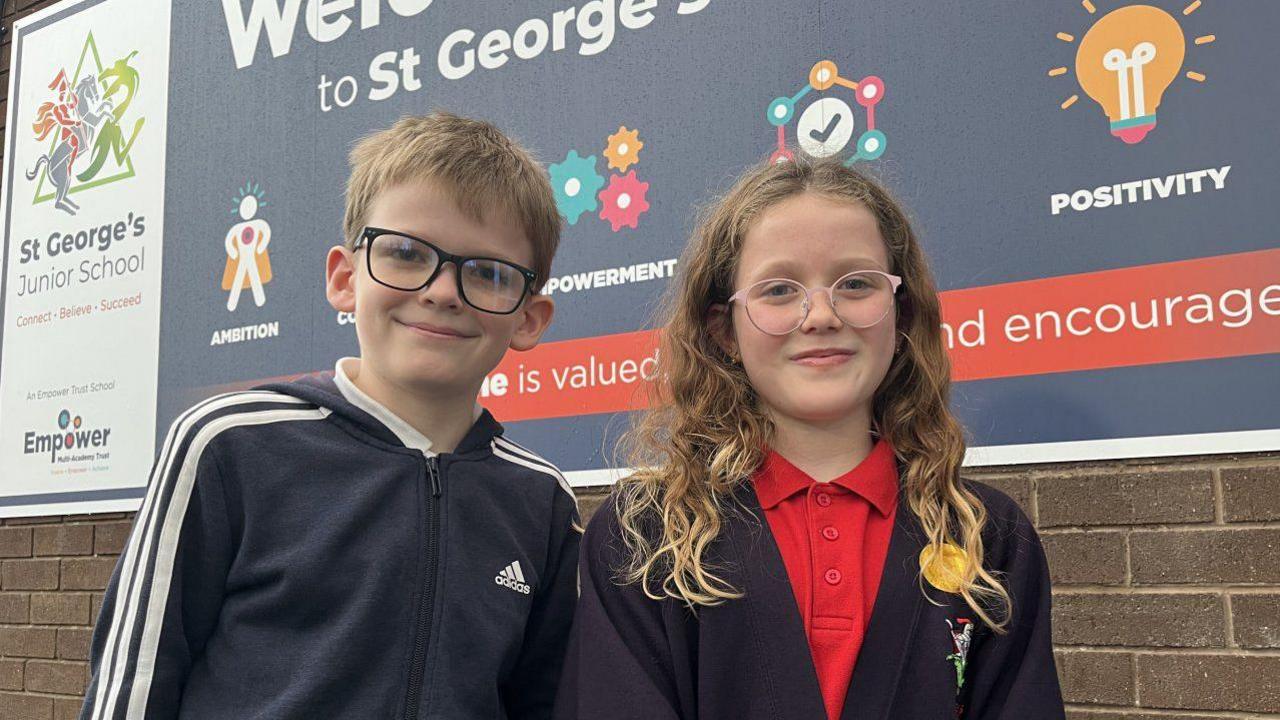
Students Marcus and Pippa, who do not have smartphones, said the devices can be "addictive"
Mrs Lee did note that some parents had raised concerns about the plan, arguing a smartphone "enables them to track their child" on journeys to and from school.
"There's the other side of it that the phones are traceable - but it's not just parents who would be able to trace their child," she said.
"For us, we're hoping to protect that time before and after school, and to enable our pupils to come in free from distraction."
The schools covered by the ban include:
Greenacres Primary School
Market Drayton Infant School
Market Drayton Junior School
St George's Junior School
Woodfield Infant School
St Mary's CE Primary School
St Peter's CE Primary School
Wilfred Owen School
Sarah North, head teacher of St Mary's C.E. Primary, said "children are accessing smartphones younger than ever, and we don't feel they have the emotional maturity or digital literacy to navigate them safely".
She added that in one instance, a student's phone left at school overnight was found with 159 unread messages.
Ms North said "disagreements" online can also be brought into school, "which ultimately has an impact on the children's learning."
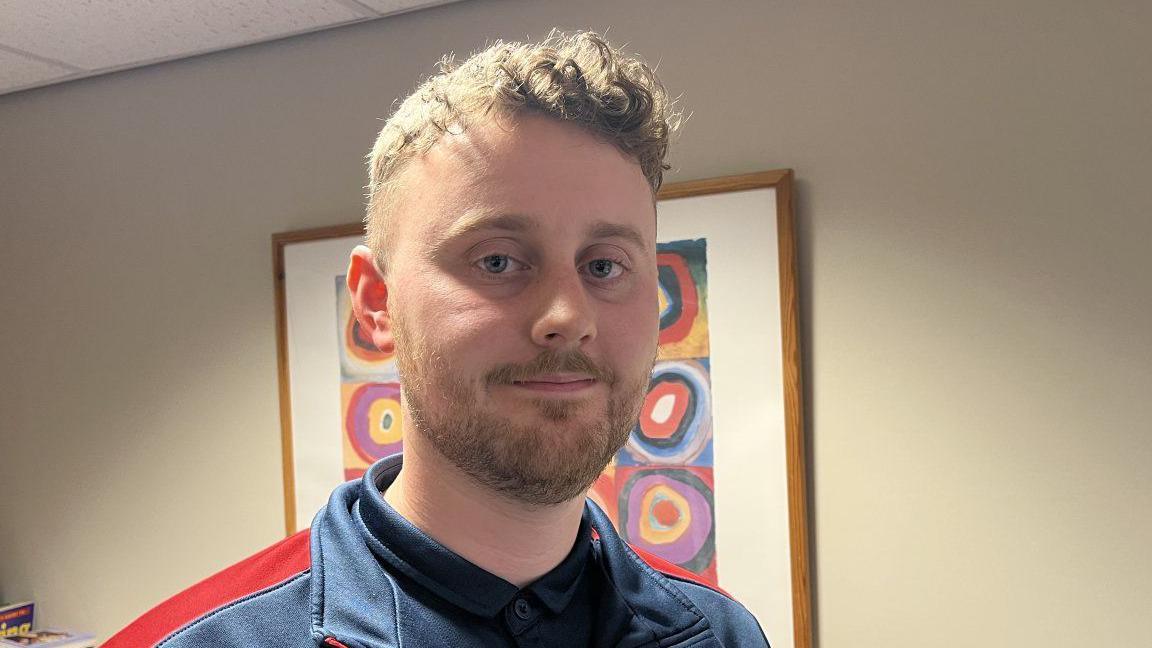
Will Jones said smartphones can "dominate" children's social lives
St George's year six teacher Will Jones, said mobiles were "dominating social situations" amongst some students.
"If one child has a smartphone, the other children would like to have a smartphone," he added.
Mr Jones said there is a concern children may be "accessing content that's not appropriate for them inside the school, on the playground, and straight after school."
"We want them to stay children as long as possible," he said, adding he hopes the ban will help them "learn properly" and "avoid distractions."
Get in touch
Tell us which stories we should cover in Shropshire
Follow BBC Shropshire on BBC Sounds, Facebook, external, X, external and Instagram, external.
Related topics
- Published11 September 2024
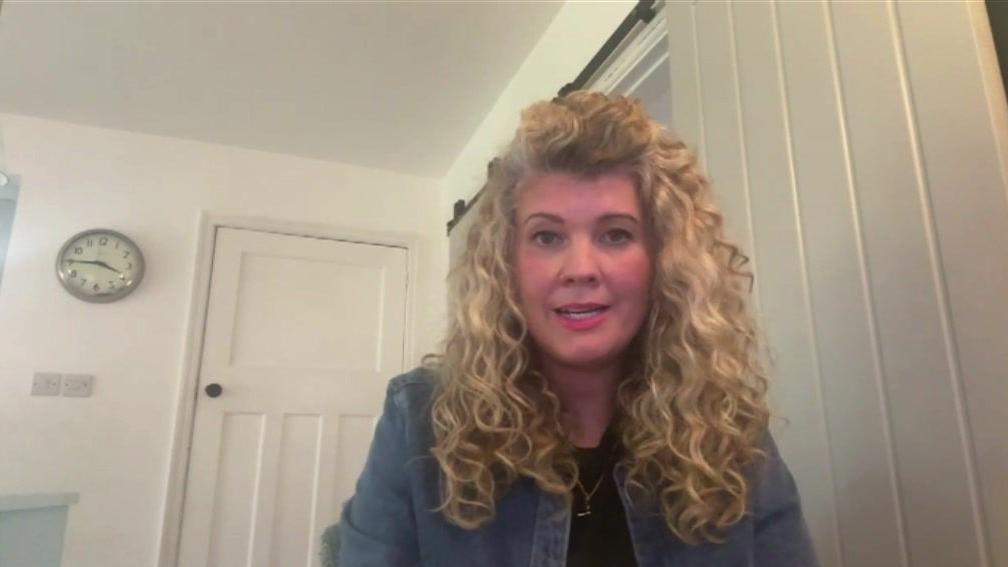
- Published5 November
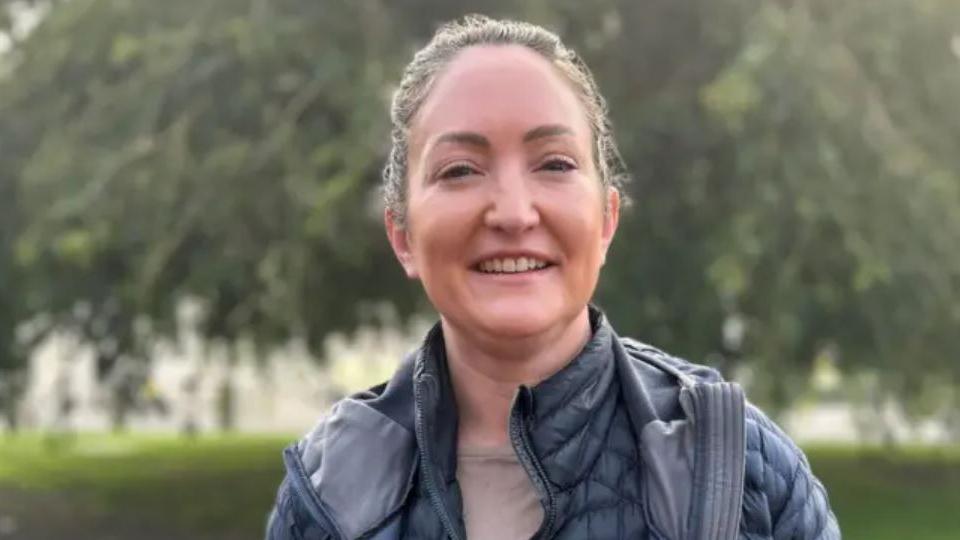
- Published10 April
